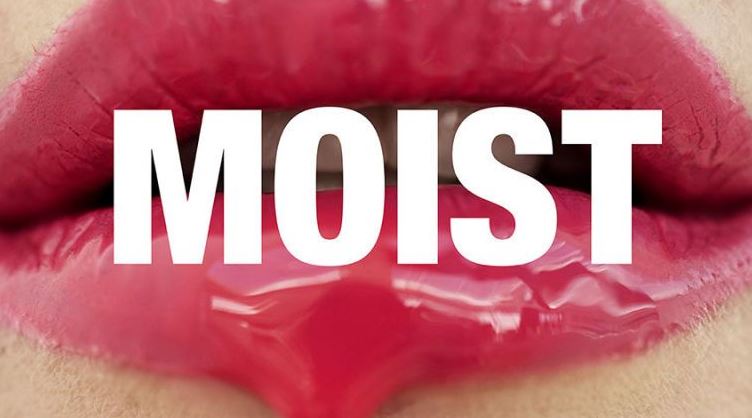
The most offensive word in the English language today has a complex history that reveals how societal attitudes and language evolution have shaped its taboo status.
People have all experienced and been exposed to a variety of strong language, such as F-bombs and Bs, including expletives, references to male anatomy, and even alternative terms for the anus.
This particular word stands out among other expletives and derogatory terms. It is a blunt word, characterized by its harsh sounds and three consonants.

Throughout its history, it has become increasingly offensive, although it was never intended to hold such power in the 21st century.
The origins of this word can be traced back to ancient Egypt, specifically to the writings of Ptah-Hotep, an Egyptian vizier from the 25th century BC.
In those times, the word was used as a term of respect for women. However, as societies transitioned from nomadic to settled lifestyles, and patriarchy was introduced, the word's connotation shifted.

In medieval England, the word started to become offensive, although it still appeared in various Norse and Germanic tales.
Even in the 1400s, there were streets called "Gropec**t Lanes" in Red Light districts. As time went on, the word became increasingly unacceptable and garnered a reputation for vulgarity.

Linguists explain that other terms for the female genitalia tend to be more euphemistic, diminutive, or derived from Latin.
However, this particular word has Anglo-Saxon origins and lacks the linguistic subtlety of its counterparts.
Similar to other short-vowel Anglo-Saxon words, such as "s**t," "p**s," "f**k," and "c**k," it carries a direct and offensive impact.

Interestingly, longer and less blunt words with similar meanings, like "poopy," "pee," "screw," and "willy," are considered less offensive. Another word, "t**t," shares similar characteristics and is still offensive.
They argue that it is a more accurate description of the female genitalia than the term "vagina," which translates to a "sword sheath" in Latin.
By reclaiming the word, feminists believe that women are reclaiming power over their sexuality.

For many people, the mere mention of the word 'moist' evokes a strong negative reaction.
It is a word that has garnered a reputation for being disliked and even hated by a significant portion of the population.
Word aversion is when people feel strong disgust or discomfort when they hear or see a specific word. It's not anger or offense, but more like a feeling of nails on a chalkboard.
The word 'moist' is a good example of a word that causes this aversion in many people.

Surprisingly, the study revealed that the aversion to the word 'moist' was not primarily related to its sound, as one might expect.
Instead, the participants associated the word with bodily functions which was the main source of their discomfort. Similar words, such as 'phlegm,' also evoked similar reactions.

Linguistics professor Jason Riggle suggests that there is a relationship between phonological probability and aversion. In other words, words that sound improbable or out of place in a language can elicit emotional reactions.




